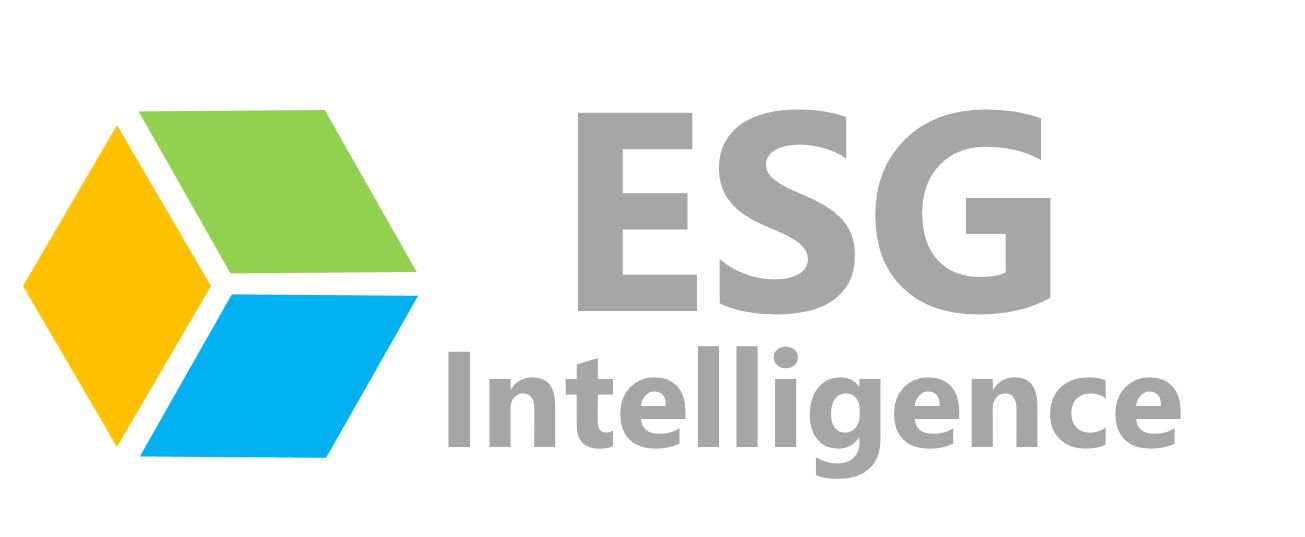
Image Credit: Pixabay
Trade finance is not only
Blockchain technology seems to answer this call for efficiency, as it promises to increase collaboration, automation, and oversight in trade finance transactions. Trade finance by banks and credit insurance by insurers can be vulnerable to business risks and uncertainties stemming from several factors. These include process inefficiencies, variance, and fluidity in trade regulations and requirements across geographies. These obstacles can increase costs and risks leading to unfavorable financing conditions.
It’s no surprise, then, that the application of distributed ledger technology (blockchain) in trade finance has become an important focal point for financial institutions around the world. This application has the capacity to make the overall trade flow – currently hampered by outdated processes, faster and more cost-effective. This is a great step forward in the process of digitalizing and standardizing the paper-driven trade finance process from start to finish. This step can provide several benefits to both the banks and insurance companies.
- Faster issuance of LC (letter of credit): Blockchain usage reduces issuance time from several days to just a few hours
- Faster claim settlement: Faster claim settlement due to easy availability and audit-ability of trade data.
- Transparency: It is transparent and shared ledger which can be viewed by all parties while providing selective visibility to participants based on their credentials.
- Error reduction: It will reduce frauds as all parties can view the distributed ledger and eliminate settlement delays as all documents are digitized and stored on an unchangeable ledger.
- Traceability and immutability: It will enable the stakeholders to track payments in real time providing delivery assurance and no single participant can modify or delete information without consensus from other network participants.
- Cost saving and better customer experience: It will make the process faster, more cost-effective and gives companies access to capital.
- Increased sales from higher SME participation: A simpler and standardized blockchain platform will also allow the banks and insurance companies to tap deeper into the SME trade financing, as the cost and time of financing will come down. This would help them unlock a new market of SMEs who are currently unable to avail trade financing due to higher cost and complexity of the process.
The blockchain technology has huge potential to reinvent global trade and improve the customer experience for banks and insurance companies. We are not surprised that several banks and insurance companies from across the world are currently testing the blockchain technology within their ecosystems. Some of these projects have also been partially commercialized, and corporate clients have queued-up to test the new platforms. Full-scale commercialization is, however, subject to the participation of all stakeholders including the regulators. Scalability, consensus, systems integration, and interoperability of multiple blockchains remain some of the challenges that need to be addressed.
About ESG Intelligence
ESG Intelligence enables corporations to embrace emerging technologies to improve their business and sustainability performance. We deliver research-driven insights in the areas of blockchain intelligence and risk management.
Our enterprise blockchain intelligence solutions have evolved after speaking to 100+ senior decision-makers at enterprises and leaders at blockchain technology companies, about how they want to use our intelligence. Our solutions can empower corporate and investment decision-makers to make intelligent and informed decisions, about blockchain use case identification, vendor selection, consortia identification, and at the same time allow you to prepare for challenges that make blockchain adoption difficult.
Our risk management solutions are aimed at identifying and mitigating supply chain risk for corporates. We conduct in-depth supplier risk assessments and monitor your critical supplier to uncover any supply chain disruption before it happens.
